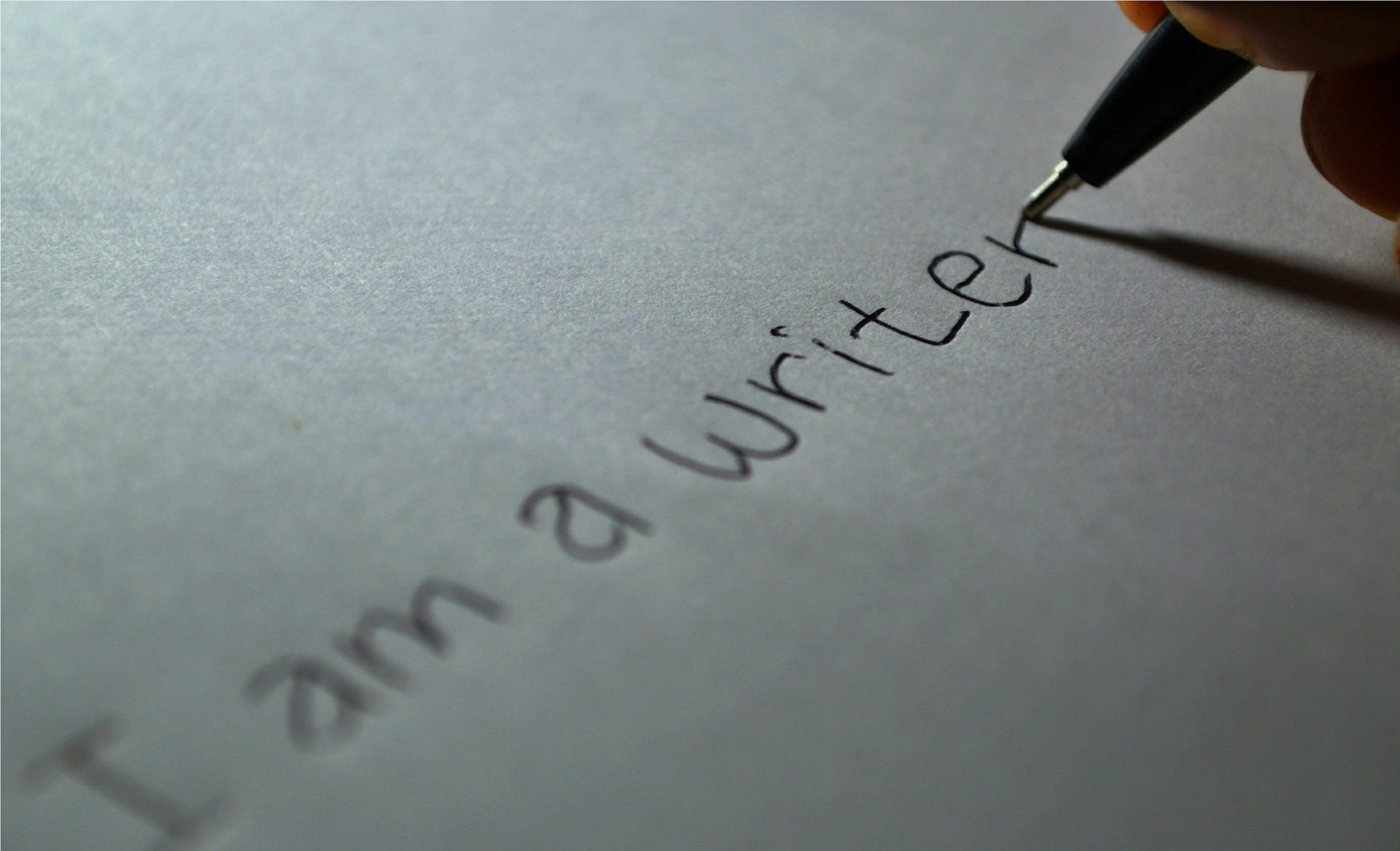Writing Advice & Tips
With writing so many short stories every week, I thought that it was important that I explore and try to find information that could help me (and whomever reads this!) write for my personal blog. The following tips come from
AdviceToWriters
Karma Brown
= Write, or read, every day... it keeps the writing muscles in shape
=if you want to be a writer, then BE a write
=Accept the shitty first draft
Isaac Asimov
"The ordinary writer is bound to be assailed by insecurities as he writes....The ordinary writer is therefore always revising, always chopping and changing, always trying on different ways of expressing himself, and, for all I know, never being entirely satisfied."
Carolyn See
Henry James said, “What is character without action?” Your character doesn’t have to jump off a building, but what does he do when he’s moving? Where is he? What’s he doing? Cast him up in front of your eyes. He’s yours now. You own him. And from now on, it’s a combination of what he does and what you want him to do that’s going to make this character come alive.
James Joyce:
The more we are tied to fact and try to give a correct impression, the further we are from what is significant. In writing one must create an endlessly changing surface, dictated by the mood and current impulse in contrast to the fixed mood of the classical style. This is “Work in Progress.” The important thing is not what we write, but how we write, and in my opinion the modern writer must be an adventurer above all, willing to take every risk, and be prepared to founder in his effort if need be. In other words we must write dangerously: everything is inclined to flux and change nowadays and modern literature, to be valid, must express that flux.
1) There should be a clean clear surface with much disturbance below.
2) An anagogical level.
3) Sentences that can stand strikingly alone.
4) An animal within to give its blessing.
5) Interior voices which are or become wildly erratically exterior.
6) A novel wants to befriend you, a short story almost never.
7) Control is necessary throughout. Constraints allow the short story to thrive.
8) The story's effect should utterly transcend the naturalness and accessibility of its situation and language.
9) A certain coldness is required in execution. It is not a form that gives itself to consolation but if consolation is offered it should come from an unexpected quarter.
1. Use the time of a total stranger in such a way that he or she will not feel the time was wasted.
2. Give the reader at least one character he or she can root for.
3. Every character should want something, even if it is only a glass of water.
4. Every sentence must do one of two things–reveal character or advance the action.
5. Start as close to the end as possible.
6. Be a sadist. No matter how sweet and innocent your leading characters, make awful things happen to them–in order that the reader may see what they are made of.
7. Write to please just one person. If you open a window and make love to the world, so to speak, your story will get pneumonia.
8. Give your readers as much information as possible as soon as possible. To heck with suspense. Readers should have such complete understanding of what is going on, where and why, that they could finish the story themselves, should cockroaches eat the last few pages.










![Yoga Mythology: 64 Asanas and Their Stories by [Devdutt Pattanaik, Matthew Rulli]](https://images-na.ssl-images-amazon.com/images/I/512s8TfpauL.jpg)
